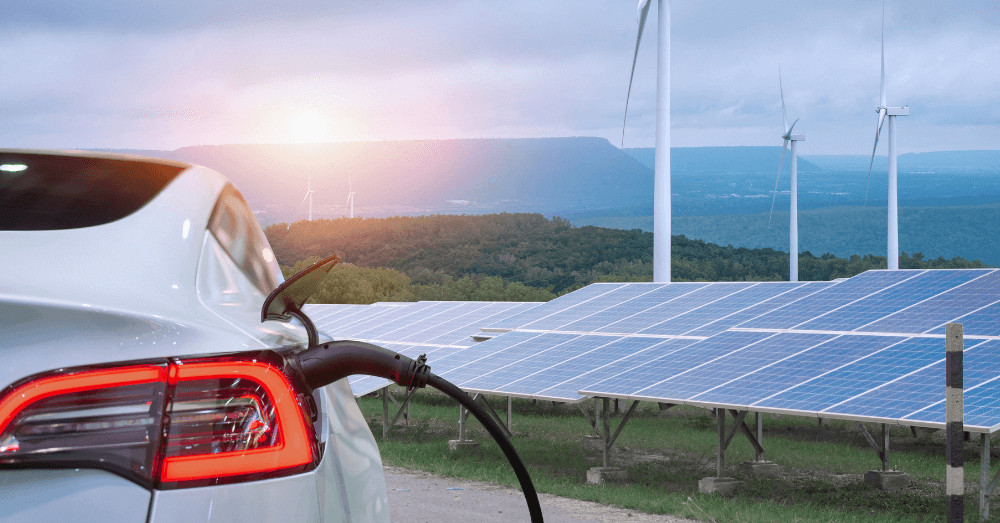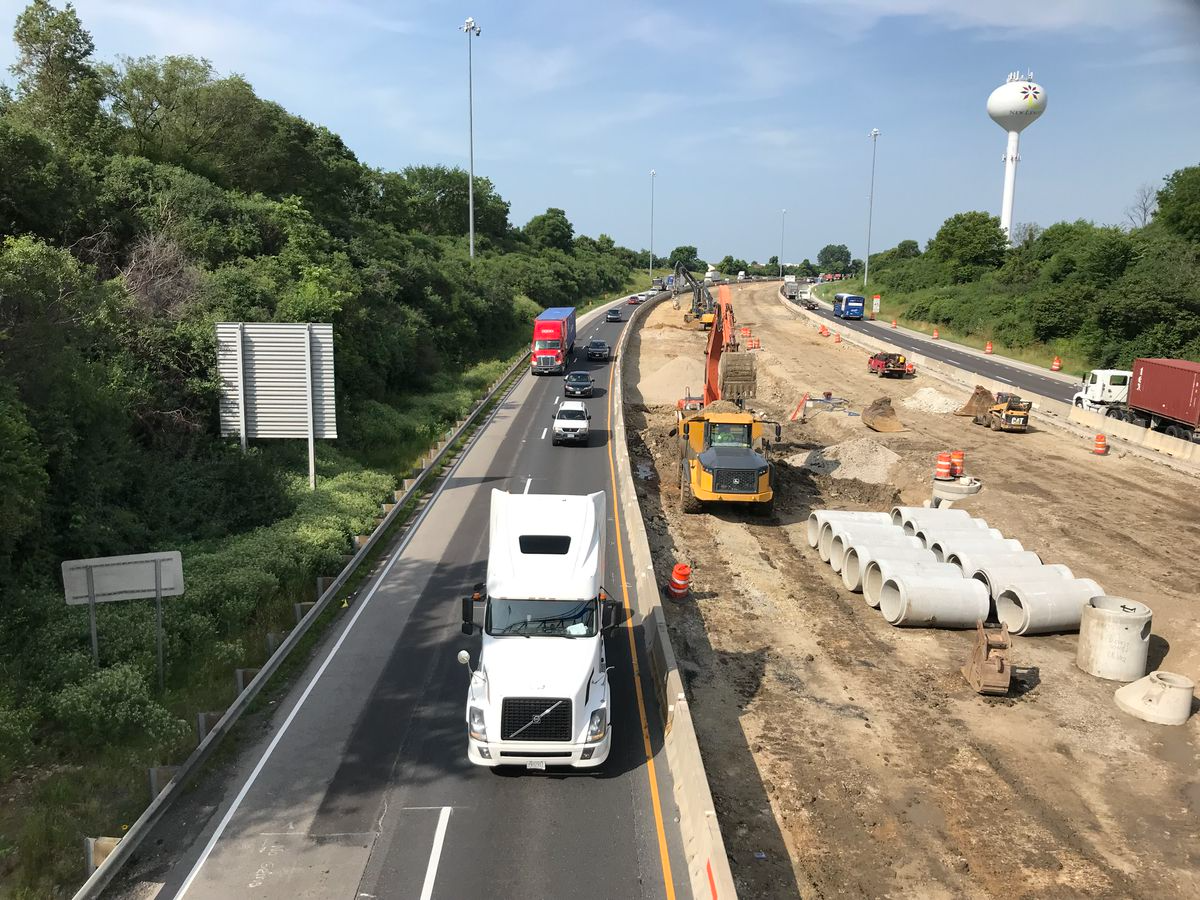
The Government Push for EVs May be Costly
One of the platforms that we saw immediately put on the table when the current President took offers was a government push for EVs.
The President is working toward replacing the entire government fleet of vehicles from gasoline models to hybrids and electric vehicles that will be more efficient. While better for the environment, in the long run, the short-term cost might be great.
Clean Energy Can Be Challenging for Automakers
The President is working on a platform of environmental concern and trying to push cleaner energy use around the country. The automotive industry is one that will need to make some of the biggest changes to meet these challenges. The shift away from gasoline to electricity to power cars requires a supply of batteries that will carry the energy to power these vehicles. This will come at a cost.
While moving away from fossil fuels automakers have to employ the use of mining rare-earth metals and critical raw materials that make up these batteries. These materials include cobalt, nickel, and other metals that are used to be part of these batteries. Most of these materials are mined in Australia, but some of them will be mined from a country that we have strained relationships with because of previous restrictions put on import and export activities with China.
Which Dependence Do We Prefer?
Are we trading dependence on fossil fuel for a dependence on metals that are rare and necessary to create the electric vehicles? The government push for EVs is strong but creating more of these vehicles and replacing the gasoline models with them over the next few decades could have more serious challenges for the automotive world than gasoline vehicles. Do we want to depend on EVs or gasoline models?
Other countries are leading the way when it comes to electric vehicles. China, Japan, and South Korea all have greater sales numbers and requirements for EV models to be sold. The same is true in the European Union markets and it puts the pressure on US automakers to try and catch up. Some of the automakers are meeting the challenge and working toward adding more electric models to the market.
Tesla and General Motors Work Toward Greater EV Production
Tesla isn’t a secret at all, they currently only make electric vehicles. They don’t need a government push toward EVs because they are working toward selling their electric models around the world. General Motors will open its first Ultium battery plant in Lordstown, Ohio later in the year and a second plant in Spring Hill, Tennessee. Other automakers have plans to add battery plants to have specific places to build EV models.
The batteries created by different automakers are of various shapes and forms. These different shapes of batteries hold power in different ways and use different amounts of the rare-earth metals that are mined. As more of these vehicles are created, more of these metals are mined to be used in vehicles that we drive every day. Will it make sense for automakers to move toward EVs and continue to mine these products?
Expected Sales Based on the Government Push
With the push toward more EV models being created for the future, more than 30 percent of all vehicles sold in the US by 2030 are expected to be EV models. This should result in much cleaner air for us to breathe and less use of fossil fuels, but will the rare materials used to create these batteries be plentiful enough for production to last well into the next several decades.
Political Leaders Must Take a Hard Look
While the current President has created a government push for more electric vehicles to be built and sold around the United States, this could create a problem in the future. It’s not a secret that gasoline and diesel-powered vehicles expel harmful chemicals in the atmosphere, but will the world run out of the rare-earth metals needed for the battery cells long before all vehicles on the road are powered by electricity?
The challenge for political leaders will be to understand the impact of mining these metals compared to continuing with gasoline vehicles. Along with this challenge, we can only hope batteries made out of more common materials will be created in the future. This might change the impact on the environment, but until that time comes, we can only hope the government push toward more EVs is met with enough cautiousness that we don’t run out of the metals needed to build the batteries being used.
This post may contain affiliate links. Meaning a commission is given should you decide to make a purchase through these links, at no cost to you. All products shown are researched and tested to give an accurate review for you.



